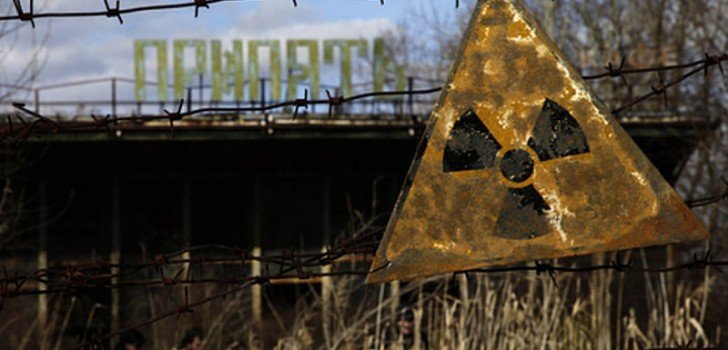Wildlife has returned to the exclusionary zone that surrounds the damaged Chernobyl nuclear reactor in Ukraine.
Researchers have stated the number of animals in the area is much higher now than after one of the worst nuclear accidents in the history of mankind took place at the now-decommissioned facility in 1986.
The exclusionary zone extends 19 miles in all directions from where the Chernobyl plant was located.
However, scientists are stressing that this does not mean that the radiation is good for wildlife. That being said, they are willing to admit that the effects of human habitation, such as deforestation, large-scale farming and excessive hunting are worse for the environment.
In the recent study, scientists counted animals in the area, such as deer, elk, boars, and wolves. They also tracked animals in the winter using footprints, and they measured levels of radiation that were found in the tracks.
Leader of the study Professor Jim Smith says, “The numbers of animals we see in Chernobyl is similar to the populations in uncontaminated nature reserves.”
The study also found that areas in the exclusionary zone did not differ in terms of levels of contaminations. Highly contaminated areas contained just as many animals as less contaminated areas.
Particularly surprising was the number of wolves, as scientists found that up to seven times as many wolves were found living in the exclusionary area than in nearby nature reserves. Professor Smith believes that this is because of the lack of hunting that takes place in the exclusion zone.
However, the study did not examine the health effects that the animals might have experienced as a result of the radiation.
Another flaw with the study is that it focused on large mammals, particularly ones that have been under pressure from human predators. Animals such as birds and insects that are not as affected by human habitation were not studied.
University of South Carolina Professor Tim Mousseau says that more research concerning the environmental impact of nuclear accidents is desperately needed. Professor Mousseau says he is largely troubled by the notion that the area surrounding the former plant is full of abundant wildlife.
While animals in the exclusionary zone might have the benefit of avoiding hunters, it remains to be seen if they can survive in the area without any major health consequences.
But so far, things appear to be okay.
Stay Connected